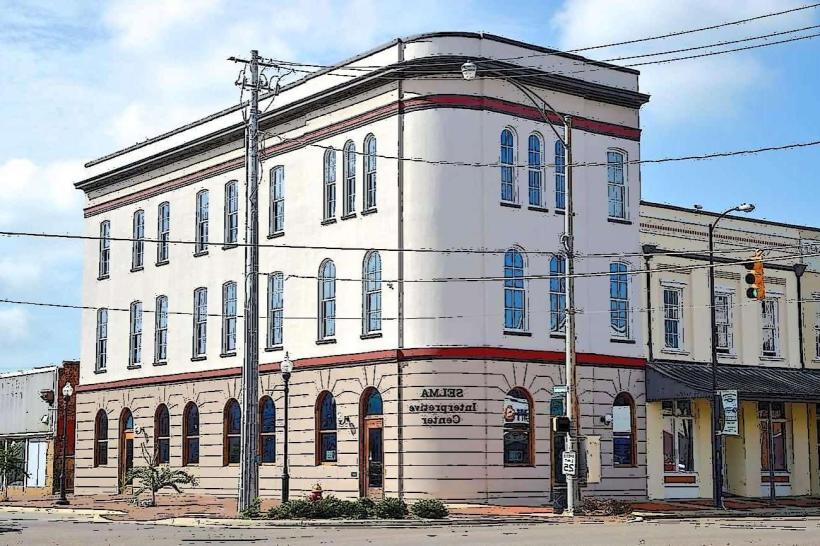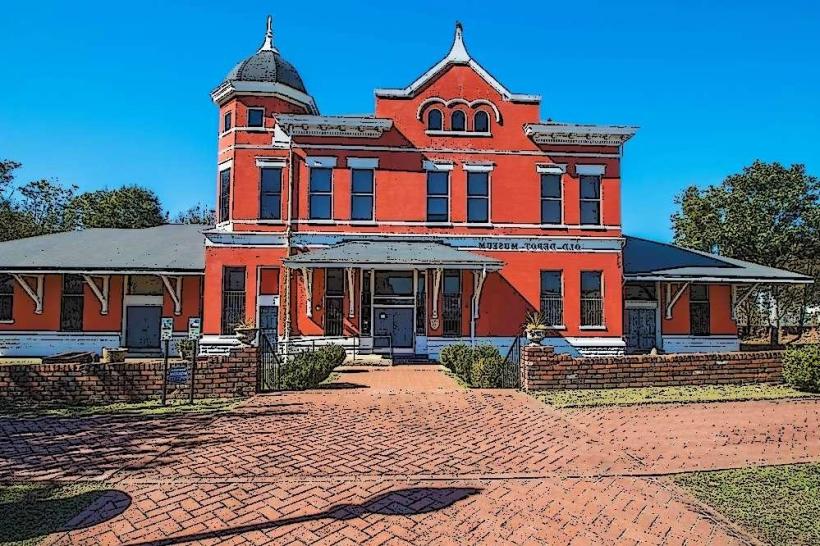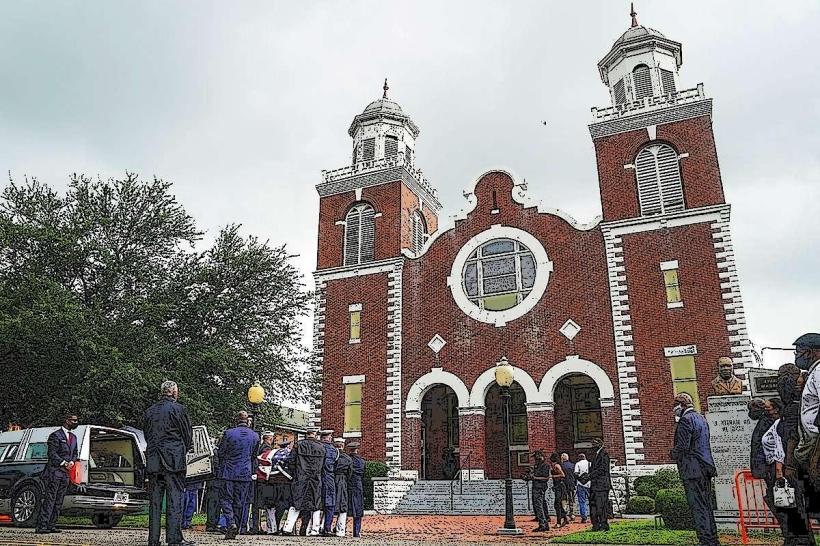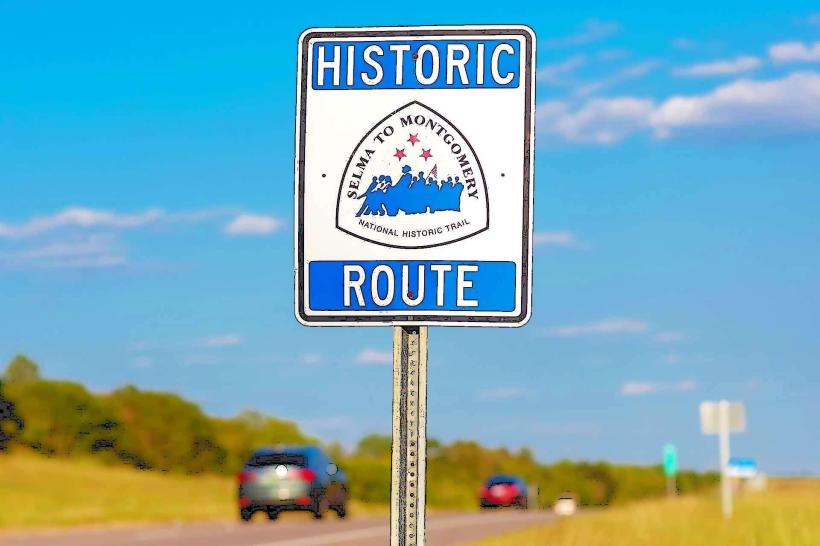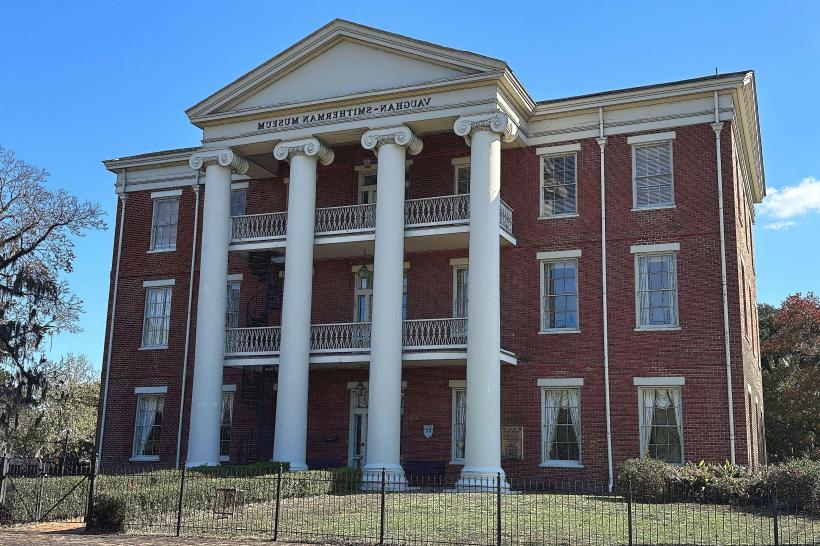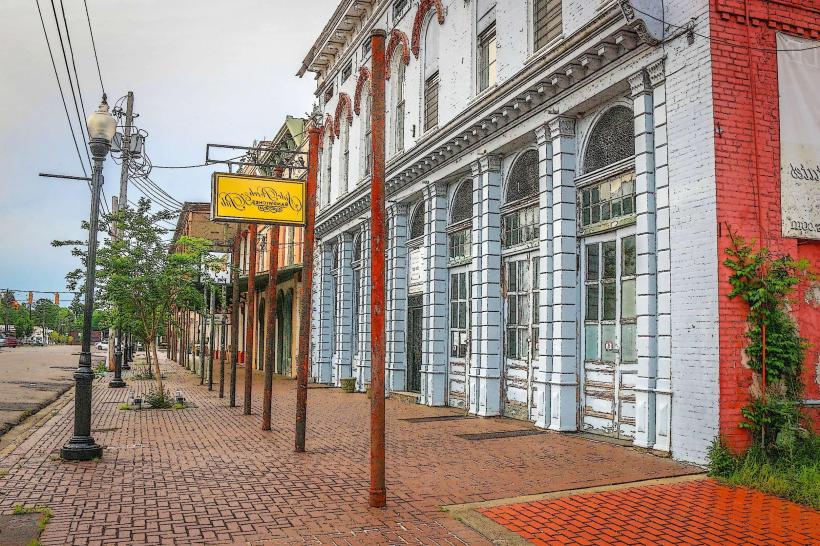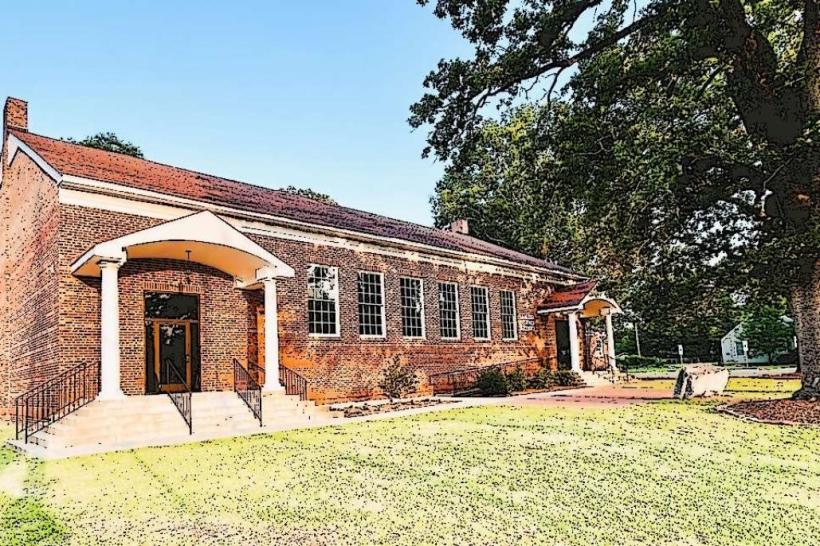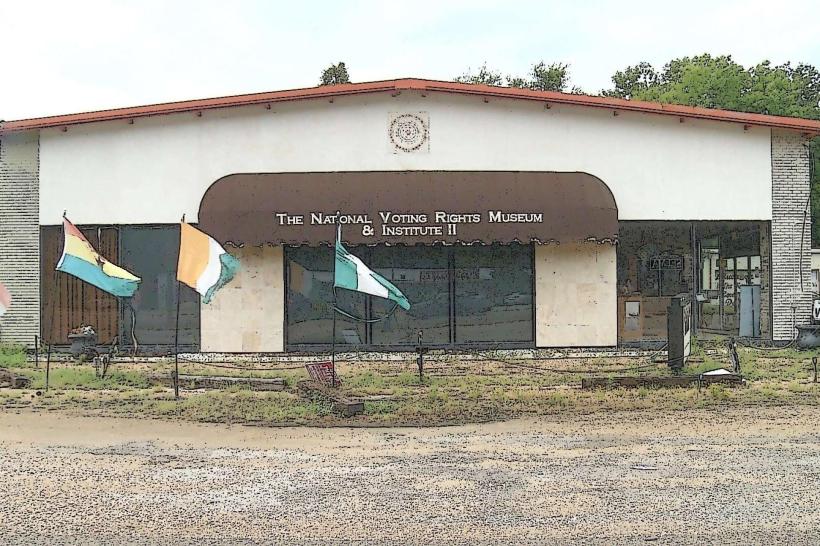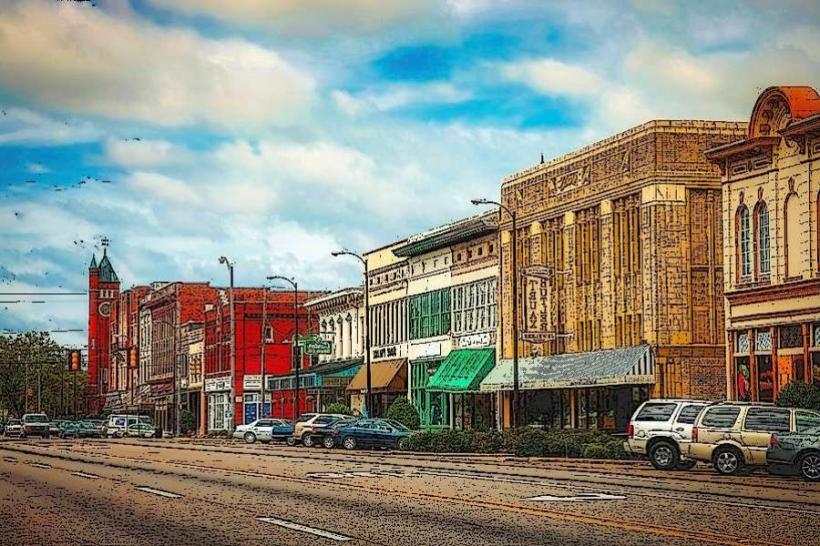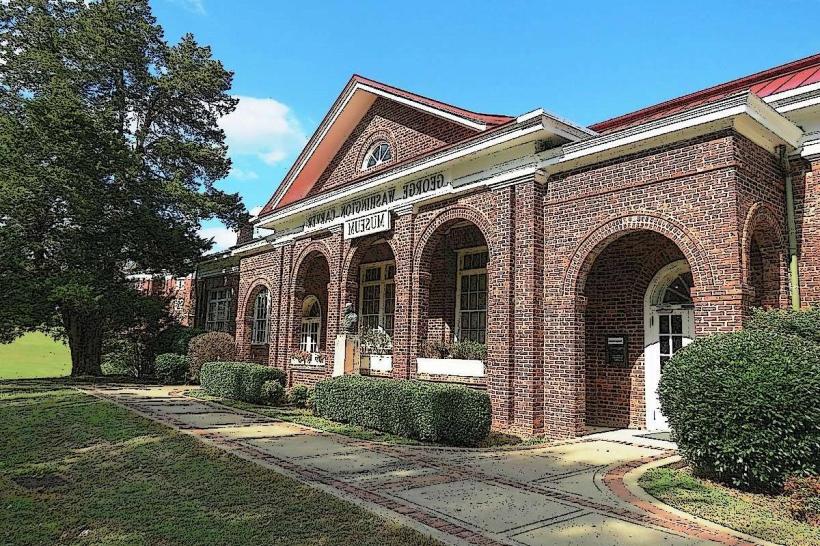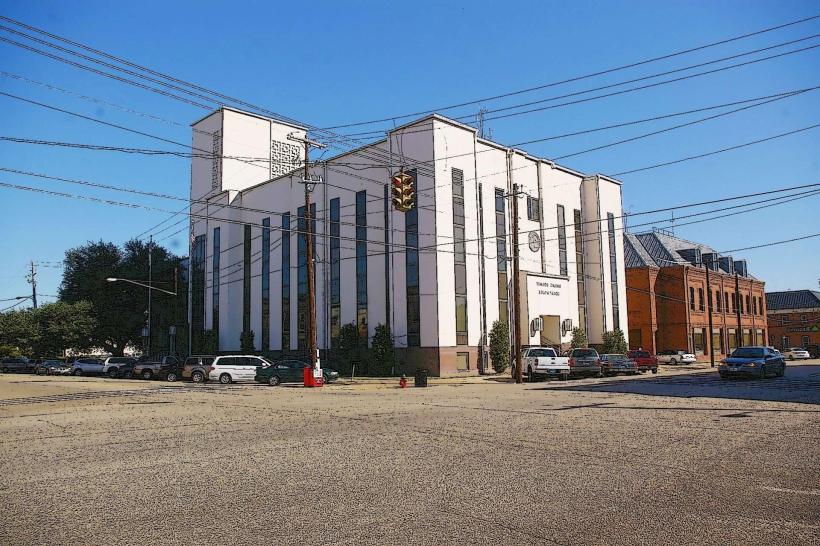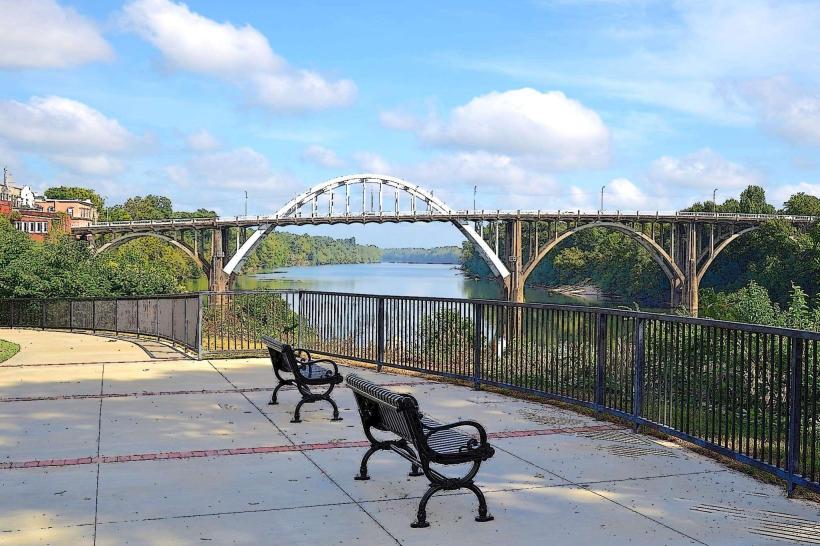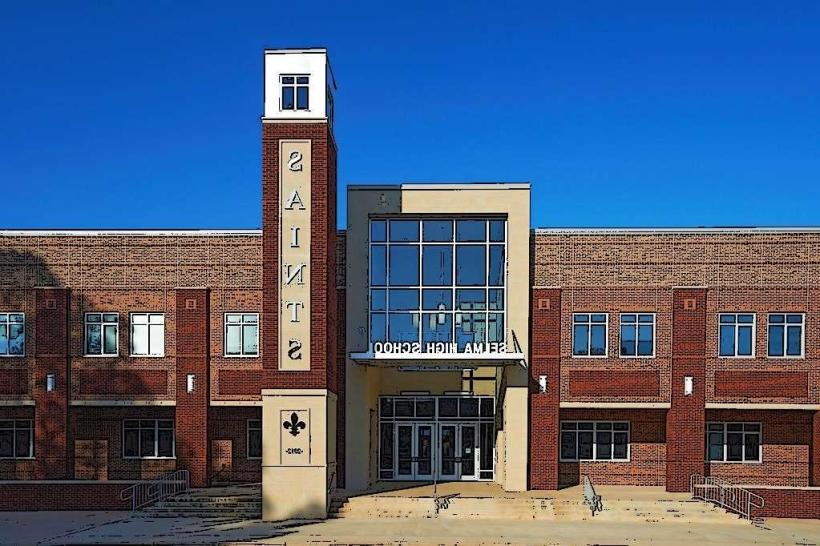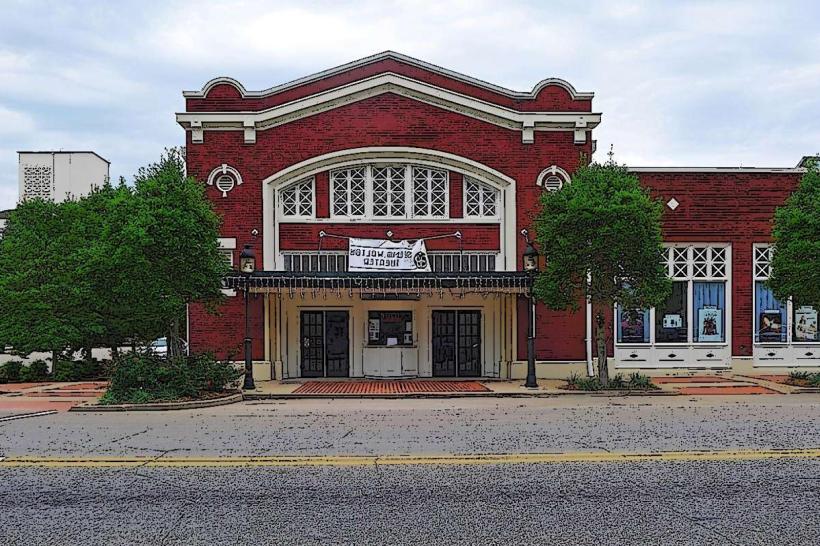Information
Landmark: Selma UniversityCity: Selma
Country: USA Alabama
Continent: North America
Selma University, Selma, USA Alabama, North America
Selma University is a private, historically black Baptist liberal arts college located in Selma, Alabama, USA.
It occupies a campus situated within the city limits.
Visual Characteristics
The campus comprises several brick buildings constructed in a traditional collegiate Gothic architectural style. Structures feature red brick facades, white trim around windows and doorways, and pitched roofs. The main administrative building, Lyon Hall, is a prominent two-story structure with a central clock tower.
Location & Access Logistics
Selma University is located at 1501 Martin Luther King Jr. Street, Selma, AL 36701. It is situated approximately 1.5 miles west of downtown Selma. Access is via Martin Luther King Jr. Street, which connects to US Highway 80. On-campus parking is available for visitors in designated lots. Public transport options are limited; the nearest bus stop is approximately 0.5 miles from the campus on Broad Street.
Historical & Ecological Origin
Founded in 1878 by the Alabama Baptist State Convention, Selma University was established to educate African Americans in the post-Reconstruction South. Its original purpose was to provide theological and classical education. The campus is situated on relatively flat terrain within the Black Belt region of Alabama.
Key Highlights & Activities
Visitors can explore the historic campus architecture. The university hosts occasional public lectures and cultural events. The library houses historical archives related to the institution and the Civil Rights Movement in Selma.
Infrastructure & Amenities
Restrooms are available within academic buildings during operating hours. Limited shaded areas are present on campus, primarily around older trees. Cell phone signal (4G/5G) is generally consistent across the campus. No on-site food vendors are present; dining options are available in nearby downtown Selma.
Best Time to Visit
For campus photography, early morning or late afternoon light provides optimal illumination of the brickwork. The academic year, from September to May, offers the most active campus environment. Summer months can be hot and humid.
Facts & Legends
A notable historical fact is that Selma University was one of the first institutions in Alabama to offer a full four-year curriculum to African American students. The university played a role in the Civil Rights Movement, with students and faculty participating in local activism.
Nearby Landmarks
- Edmund Pettus Bridge (1.2km East)
- Selma Interpretive Center (1.5km East)
- St. James Hotel (1.8km East)
- First Presbyterian Church (1.9km East)

